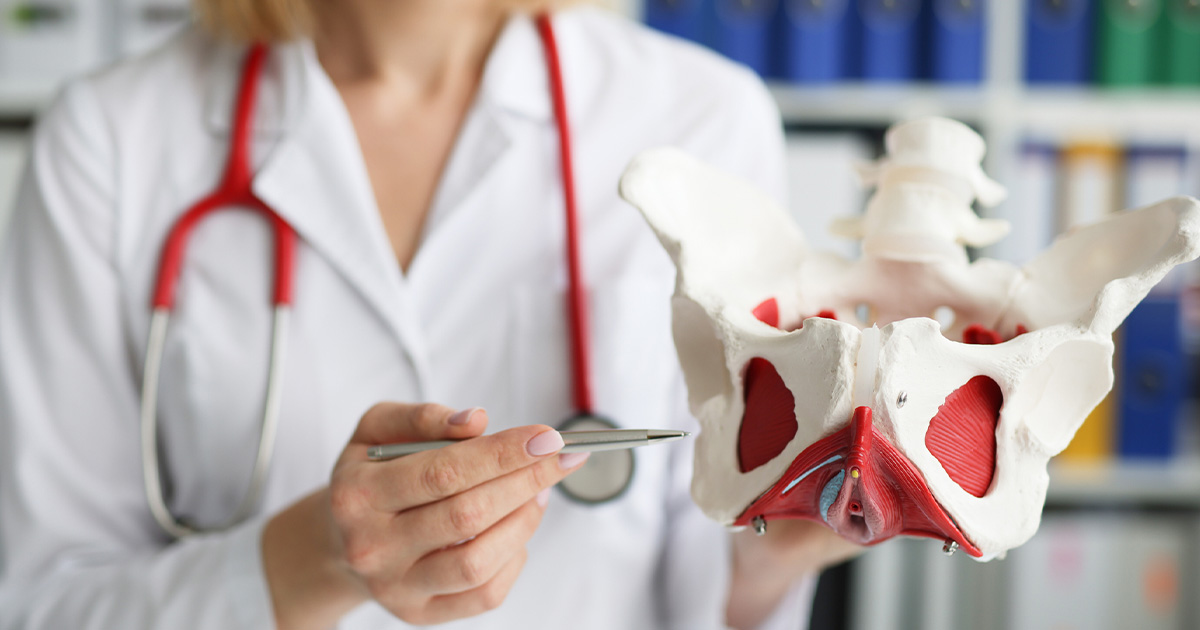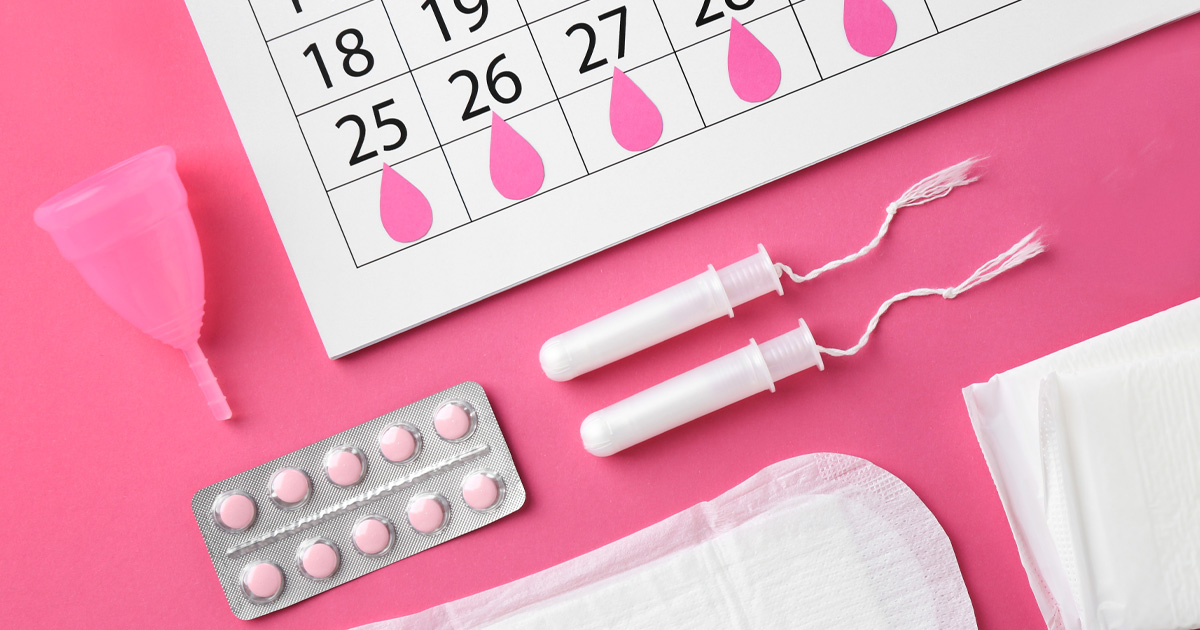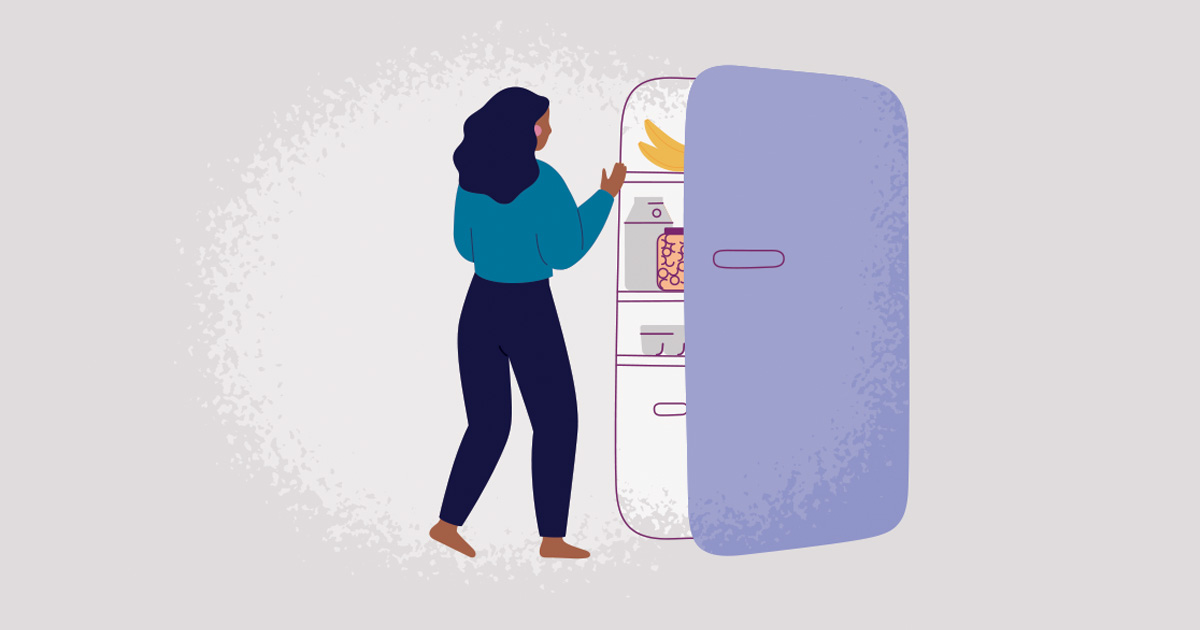
Self-care
Candid Consult: Why Do Women Experience Migraines More Than Men?
Migraine is a debilitating disease that can interfere with our work and personal lives. Unfortunately, it’s also a disease that impacts women more than men. In fact, women are three times more likely than men to experience migraine. In this edition of Candid Consult, we spoke with Dr. Sarah Borders (Axia Women’s Health – Lexington Women’s Health) to explore why and to learn what women can do to find relief.
But first, let’s learn a little more about migraine itself.
According to the American Migraine Foundation, migraine is more than just a headache. It is a disabling neurological disease. Symptoms of migraine can include head pain that causes a throbbing, pounding, or pulsating sensation. The pain may be on one, both sides, or in front or back of your head. Some people may also experience nausea and or/vomiting as well as sensitivity to light, noise, and/or smells. A migraine attack can last anywhere from a few hours to a few days. We aren’t exactly sure what causes migraine, though it’s believed genetics and environmental factors can play a role.
So, why is it that women experience migraine more than men? Dr. Sarah Borders explains in our interview below.
1. Dr. Borders, can you explain what we know about the connection between migraine and gender?
In women, we believe that estrogen plays a large part in causing migraine. Pre-puberty studies show that boys experience migraine more than women. As women go through puberty and enter their reproductive years, estrogen levels increase, and women becomes three times as likely to experience migraine.
As we age, estrogen levels can continue to fluctuate around our menstrual cycle, during pregnancy, and during perimenopause and menopause. This fluctuation can contribute to migraine.
2. How would a woman know if what she’s experiencing is a hormone-related migraine?
Estrogen levels drop a few days before you start your period. If you’re noticing your migraine starts every month before your period, it’s likely you are experiencing a menstrual migraine.
3. What are other migraine triggers women should be aware of?
Standard migraine triggers, not linked to hormones, can include increased screen time, dehydration, strenuous exercise, stress, and sleep deprivation.
4. What treatments can help women find relief from hormone-related migraine attacks?
For menstrual migraine specifically, certain forms of birth control can help. Any form of birth control that has a combination of estrogen and progesterone (i.e., oral contraceptive pills, the vaginal ring, the birth control patch) can be used to treat menstrual migraine. For women going through menopause, any type of estrogen hormone replacement therapy may help by regulating hormone levels.
A small subset of women may still experience menstrual migraine during the “placebo” week with the pill or when they take their vaginal ring out. For those patients, continuous hormone therapy may be recommended.
If you smoke, are over the age of 35, have a history of blood-clots, or have a history of migraine with aura, estrogen-containing birth control is not recommended as it could increase risk of stroke.
Each woman’s body responds differently to birth control, so if you’re experiencing any side-effects, don’t be afraid to speak up. We’re here to help you figure out what’s best for you. If within 3 months you are not finding relief, we can refer you to a neurologist (a doctor who specializes in disorders like migraine) to explore other treatment options.
Over-the-counter NSAIDs (such as Ibuprofen or Naproxen) or Excedrin can also be used at the onset of migraine to find relief. Daily preventative migraine medications that are prescribed by a neurologist can be used throughout pregnancy, with the approval of your physician.
5. What advice do you have for women suffering from menstrual migraine?
Don’t be afraid to advocate for yourself. If your pain is interfering with your daily life, let your provider know. As someone who has suffered from migraine myself, I know how painful and debilitating it can be. I hope every woman feels encouraged to speak up and knows that her pain won’t be dismissed!
There is still much research to be done to better understand the role of gender on migraine, but fortunately there are many options to help you find relief. If you’re experiencing menstrual migraine, talk to your Axia Women’s Health provider to learn what treatment may be right for you!
 Author: Sarah Borders, MD, a physician with Lexington Women’s Health
Author: Sarah Borders, MD, a physician with Lexington Women’s Health
To schedule a consult with Dr. Borders or one of her teammates at Lexington Women’s Health, call (859) 264-8811






































